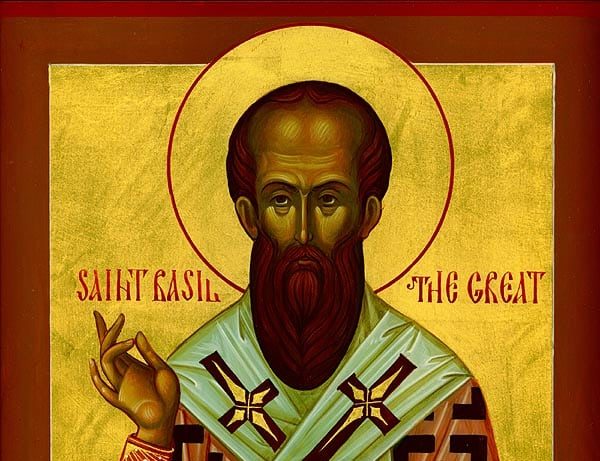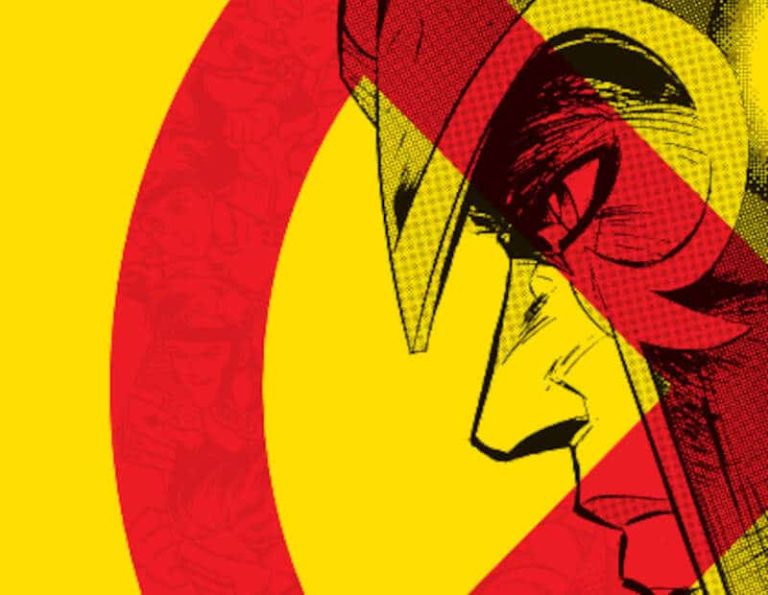Saint Cyprian 3rd C. Bishop of Carthage
Saint Cyprian was born about 210, and he died on September 14, 258. He was a bishop of Carthage and an early Christian writer of Berber descent, many of whose Latin works are extant. He is recognized as a great Latin writer. Saint Cyprian was born around the beginning of the 3rd century in North Africa, maybe at Carthage. He received a classical education and was a convert to the faith. Soon after converting to Christianity, he became a bishop in 249. He endured a plague and was martyred. What would you think if you endured so much?
Saint Cyprian Biography

Saint Cyprian was born into a rich pagan Roman African Carthaginian family sometime during the early third century, so he was not originally Christian. Before his conversion, he was a successful and leading member of a legal fraternity in Carthage, an orator, a “pleader in the courts”, and a teacher of rhetoric. After a “dissipated youth,” Saint Cyprian was baptized when he was thirty-five years old and gave away his wealth to the poor.
In the early days of his conversion, he wrote an Epistola ad Donatum de gratia Dei and the Testimoniorum Libri III that adhere closely to the models of Tertullian, who was a famous Christian writer about 100 years before, and influenced his style and thinking. Not long after Saint Cyprian was baptized, he was ordained a deacon and soon afterwards a priest. Between July 248 and April 249, he was elected bishop of Carthage, a popular choice among the poor who remembered his patronage.
However, his rapid rise did not meet with the approval of senior members of the clergy in Carthage, an opposition that did not disappear during his episcopate. Soon afterwards, the community in Carthage was put to the test. Christians in North Africa had not suffered persecution for many years. In early 250, the Decian persecution began. Emperor Decius issued an edict, the text of which is lost, ordering sacrifices to the gods to be made throughout the Empire. Saint Cyprian chose to go into hiding, rather than face potential execution.
This persecution lasted for years. During the persecution, there was a famine in Carthage. He was relatively easy on those who lapsed during the persecution, and he served the poor during the famine and won further support among them. In late 256, another persecution occurred under Emperor Valarian. Pope Sixtus II was executed.
Saint Cyrian was tried and executed as well. His execution was spectacular. He was tried in public and responded, “Thanks be to God“, when he was sentenced to death. He was beheaded, and eight of his followers were executed with him. Many people, perhaps because of his popularity, accompanied him to his execution. Saint Cyprian was a prolific writer.
The first major work of Saint Cyprian was a monologue spoken to a friend called Ad Donatum, detailing his own conversion, the corruption of Roman government and the gladiatorial spectacles, and pointing to prayer as refuge for Christians. Another early written work was the Testimonia ad Quirinum. During his exile from Carthage, Cyprian wrote his most famous treatise, De Ecclesiae Catholicae Unitate (On the Unity of the Catholic Church), and on returning to his Bishopric, he issued De Lapsis (On the Fallen). Another important work is his Treatise on the Lord’s Prayer.
Conclusion
Only part of Saint Cyprian’s written output has survived, and this applies to his correspondence, of which some sixty letters are extant, in addition to some of the letters he received. In addition to the writings of his Pontius, the Deacon wrote a biography of Cyprian titled The Life and Passion of St. Cyprian, which details the saint’s early life, his conversion, notable acts, and martyrdom under the Emperor Valerian. So, here we have another saint from long ago who we know through his writings and his biography.







